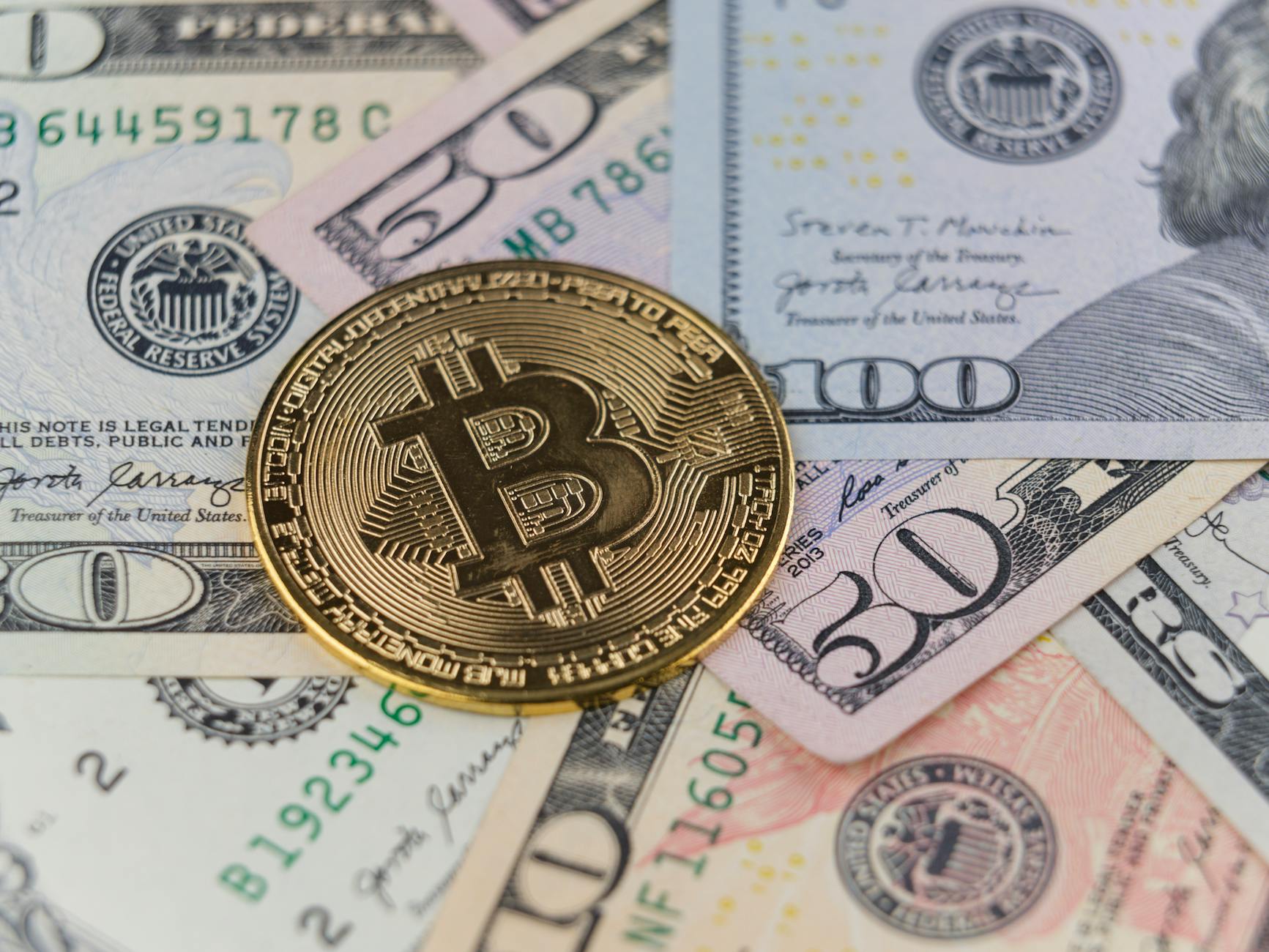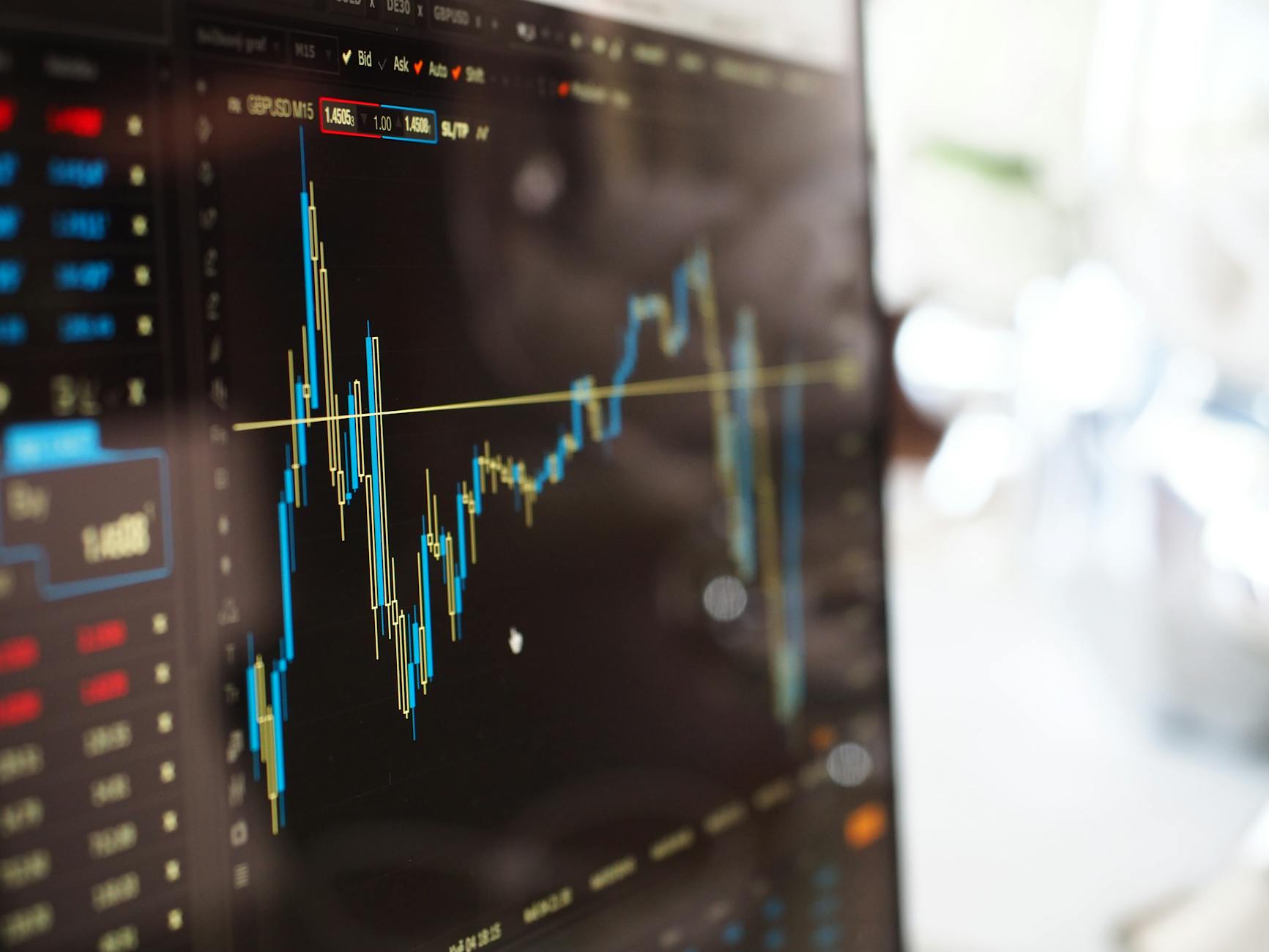The Oracle's Bet: Deconstructing Warren Buffett's Big Move into Japanese Equities

When Warren Buffett makes a major investment, the financial world pays close attention. The "Oracle of Omaha" has built his legendary reputation on a disciplined, value-oriented approach that often zigs when the rest of the market zags. So in 2023, when his company, Berkshire Hathaway, announced it had built a massive, multi-billion dollar stake in Japan's five largest trading houses, it sent a powerful signal that something was changing in the world's third-largest economy.
The investment was, on the surface, a surprising one. Japan's stock market has been a notorious underperformer for decades, and its giant trading conglomerates, known as sogo shosha, have long been seen as complex, old-fashioned, and undervalued.
But a deeper analysis reveals that this is a classic Buffett-style bet, a multi-faceted wager on deep value, strong cash flow, and a quiet revolution in Japanese corporate governance.
The Case of the "Sogo Shosha"
The five companies Berkshire invested in—Itochu, Marubeni, Mitsubishi Corp., Mitsui & Co., and Sumitomo—are not simple businesses. They are sprawling conglomerates with interests in everything from energy and mining to food and textiles. They are, in many ways, a proxy for the entire Japanese economy.
For years, these companies have traded at a significant discount. Their complex structures made them difficult for investors to understand, and they were seen as being inefficiently managed. But several factors have changed.
- Deep Value: These companies were trading at incredibly low price-to-earnings ratios and, in many cases, below their book value. For a value investor like Buffett, this was a clear signal that they were undervalued by the market.
- Strong Cash Flow and Dividends: The trading houses are cash-generating machines, with strong and growing dividend yields. Buffett has always prized companies that return cash to their shareholders.
- Inflation Hedge: As global commodity traders, their fortunes are closely tied to the prices of energy and raw materials, making them an excellent hedge against global inflation.
A Bet on Corporate Reform
Perhaps the most important, and most subtle, part of Buffett's thesis is his bet on a long-term shift in Japanese corporate culture. For decades, Japanese companies have been famous for hoarding cash and prioritizing stability over shareholder returns.
But under pressure from the Tokyo Stock Exchange and a new generation of leaders, this is beginning to change. There is a new and powerful focus on "shareholder capitalism," with companies being pushed to increase their dividends, buy back their own stock, and unwind their complex cross-shareholdings.
Buffett's investment was a massive vote of confidence in this reform movement. By taking a large, long-term stake and publicly praising the management of these companies, he was signaling to the rest of the world that Japan was once again a smart place to invest. His endorsement has helped to fuel a major rally in the Japanese stock market, attracting a new wave of foreign investment.
The Oracle's bet on Japan is a powerful lesson in his investment philosophy. It is a reminder that the best opportunities are often found in overlooked and undervalued corners of the market. It is a bet not just on the numbers on a balance sheet, but on the long-term, positive evolution of an entire country's business culture.



